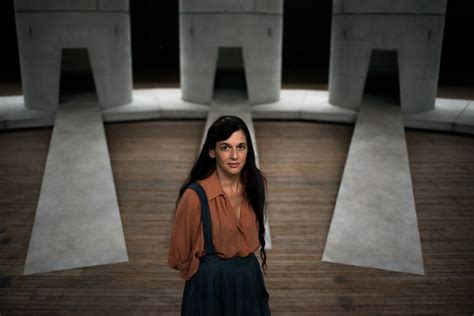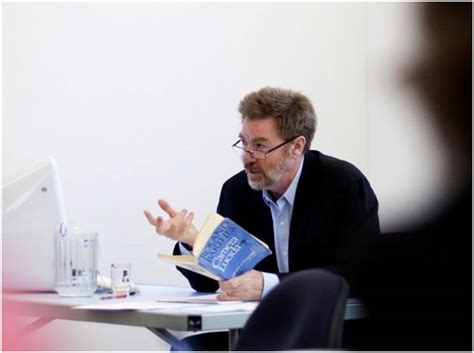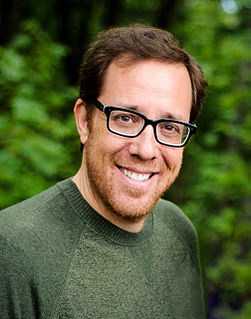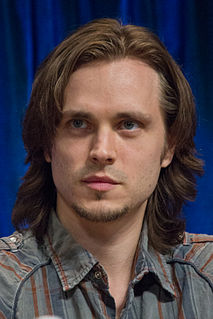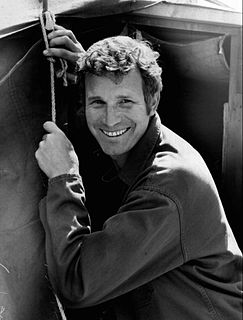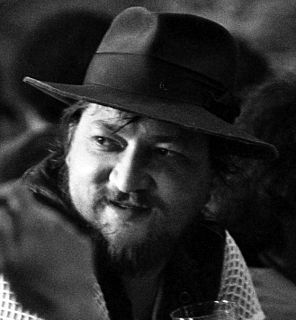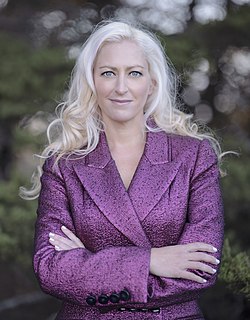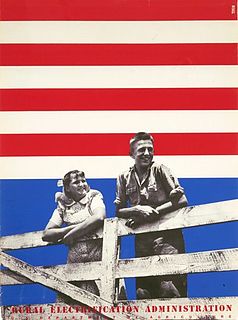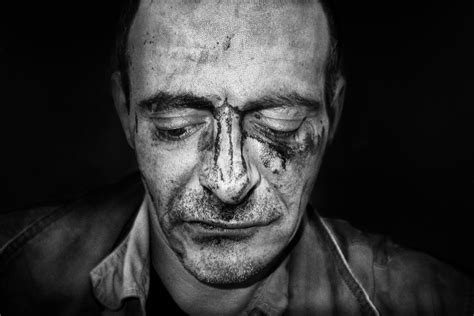A Quote by Taryn Simon
Simulations directly relate to the process of and complications in photography. They also overtly create layers of fantasies, myths and interventions... The simulation confuses the idea of a truth. I've always been interested in this kind of theater and illusion at the foundation of belief.
Related Quotes
The main difference seems to be that, whereas photography still claims some sort of objectivity, digital imaging is an overtly fictional process. As a practice that is known to be capable of nothing but fabrication, digitization abandons even the rhetoric of truth that has been such an important part of photography's cultural success.
When we make films - even 2D films - you're always trying to create this illusion of 3D, anyway. You're trying to create a believable world with characters walking, in and out of the perspective, to create the illusion that there's a world. The desire and drive to create this illusion of three-dimensional space is something that is true about every kind of film because you want the audience to really be experiencing it, first hand. It's a natural extension of the storytelling and the process of filmmaking.
I've always seen process of crafting as part of the thinking process. It really forms the gestation of the work. I'll get an idea; I want to express this idea, sometimes I'll start it, but during the process of making the object - if it's an object or a painting - it changes. It never goes in a linear progression from A to Zed. It's always this kind of circuitous, stumbling, groping in the dark kind of process of evolving.
My favorite term for a new kind of performance is "security theater." In this genre, we watch as ritualized inspections and patdowns create the illusion of security. It's a form that has become common since 9/11, and even the government agencies that participate in this activity acknowledge,off the record, that it is indeed a species of theater.
And one has to remember that no photography can pretend to show the truth. A picture only shows a given situation under a very specific perspective, consciously or not, openly or not, relevantly or not. Photographers have to accept they can just convey fragments of illusory realities and relate their own intimate experience of the world. In this process of fictionalising an unreachable truth, it's up to them to impose their doubts about any photographic truth, or accept being impotent pawns in the mediatic game.
